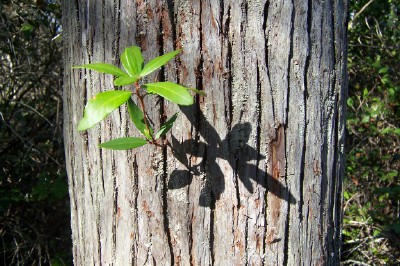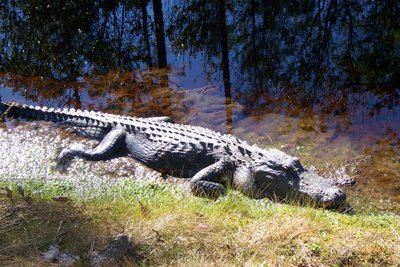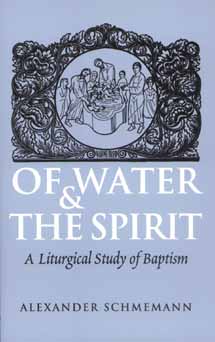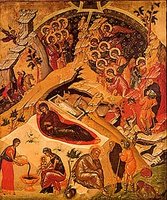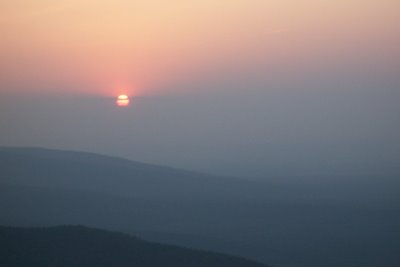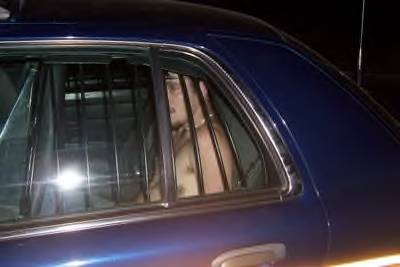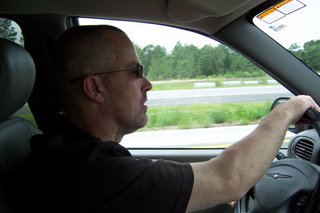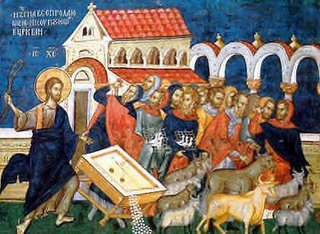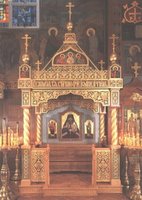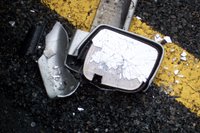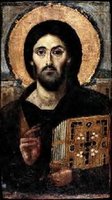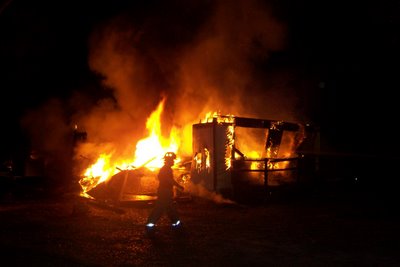 It seems appropriate (almost compulsory) on the eve of the new year to reflect on the year we are leaving behind. In the past few weeks James Brown, Pres. Gerald Ford and Saddam Hussein made the headlines by dying. Was there ever a stranger triumvirate? Also, just today the 3,000th soldier died in Irag. Lord, have mercy. Let me say just this, George Bush, Dick Cheney, Donald Rumsfeld and Paul Wolfowitz have much to answer for.
It seems appropriate (almost compulsory) on the eve of the new year to reflect on the year we are leaving behind. In the past few weeks James Brown, Pres. Gerald Ford and Saddam Hussein made the headlines by dying. Was there ever a stranger triumvirate? Also, just today the 3,000th soldier died in Irag. Lord, have mercy. Let me say just this, George Bush, Dick Cheney, Donald Rumsfeld and Paul Wolfowitz have much to answer for.I started this blog and like many I started strong then got winded. It has not become what I intended and has become many things I never intended. This blog was meant to be a place to express ideas and satisfy my urge to write. It has become more or less, the chronicle of my Orthodox journey. Many of the entries are poorly written. For these I apologize. I appreciate good writing and I appreciate how hard it is to write well consistently.
There are so many other good blogs (Orthodox and otherwise) that I am often reluctant to speak up. I am also very uncomfortable revealing too much about myself and my life. This is partly professional caution and partly my natural tendency to know but not be known (a part of my personality I am just now beginning to really understand).
The most significant date of the year was Nov. 6, when my wife, my daughter and I were Chrismated. I cannot find words to express the sensations of that day. We are humbled but glad to be home.
It all started with an Aikido sensei. He was a catechumen at the time and we spoke often of spiritual matters. He gave me some books to read and I attended Divine Liturgy with him in Savannah. I can still hear my wife saying not to even talk to her about Orthodoxy. We had recently been part of a Lutheran congregation that had gone under. We had no idea where to go or what to do except stay open to whatever God had in mind. I told her Orthodoxy made so much sense and answered many of the questions with which we struggled. To her credit she humored me and also began to read. Soon we visited St. Justin Martyr in Jacksonville. We got there after the Divine Liturgy and met a man who was working on the sprinkler system. Jim, a former Methodist minister, gave us a tour of the church. I remember the aroma of incense still lingering in the air and being struck by the beauty of the place, the sense of reverence, of worship. I had the same experience this morning.
In 2006 I learned some things about my wife I never expected (I’m sure she would say the same about me). She has stood by me through the best and worst of times. She is the most supportive, caring and forgiving person I have ever met. I look forward to many more years together.
In 2006 I assisted our seven-year-old daughter in learning how to ride a bicycle. She soloed on her second try. I also tried to get my 19-year-old daughter to catch the college bug, but she appears to remain immune. She went, but grudgingly. She has the intellect and the writing skills to do anything she wants and I hate to see her not avail herself of the opportunities.
Between the two (especially the oldest) I am learning every day how to be a better father. The youngest is full of unconditional love and has so much energy she can barely sit still. The oldest is full of angst, longing desperately to be out on her own. I told her recently that many of the struggles we are going through and the issues she is facing are part of the process. That this is how God designed it. I am learning to let her make her own (big) decisions even if I don’t agree. To let her learn from her mistakes, to stay calm, not respond to anger with anger, to model a father's love as best I can.
I turned 46 this year, ten years older than my father when he died in 1971. I have written about this formative event here and elsewhere but I cannot seem to purge myself of the pain. The echoes of alcoholism and abuse reverberate across many generations of my family. Hopefully my siblings and I have brought some of it to an end.
On a lighter note, in 2006 I read many good books but not as many as I would have liked. I just finished Under the Banner of Heaven: A Story of Violent Faith by Jon Krakauer. Fascinating read. Also just finished Crucible of War: The Seven Years' War and the Fate of Empire in British North America, 1754-1766 by Fred Anderson. A very long but well written book about the war that we call the French and Indian War and how it shaped people, events and governments and sowed the seeds of the Revolutionary War.

I listened to a lot of Johnny Cash and Willie Nelson. I find myself going back to Cash’s epic Live at Folsom Prison, Willie’s 1975 masterpiece Red Headed Stranger and to Waylon Jennings’ Honky Tonk Heroes and Wanted! The Outlaws. Before you get to thinking I am a redneck stuck in a time warp, I also purchased Youth by Matisyahu (Hasidic Jew reggae artist).
Time is short. I want to post this before midnight. Happy New Year!


 Historically, I’ve never done Christmas well. The false frivolity, the rampant commercialism and some bad personal experiences combined to make me a bit of a Grinch. But experiencing the Nativity this year from an Orthodox (new and unlearned) perspective has opened my mind and warmed my much too cold heart. Taking part in the long preparation has given me time to see the larger picture, to consider more deeply the Theotokos. This year it’s not a giddy, greedy joy (almost dread) in anticipation of gifts and goodies, but a calm anticipation, knowing Nativity leads to Pascha, indeed is Pascha. That this is the season when Eternity stepped into time, when He began the journey to empty Himself and to save us.
Historically, I’ve never done Christmas well. The false frivolity, the rampant commercialism and some bad personal experiences combined to make me a bit of a Grinch. But experiencing the Nativity this year from an Orthodox (new and unlearned) perspective has opened my mind and warmed my much too cold heart. Taking part in the long preparation has given me time to see the larger picture, to consider more deeply the Theotokos. This year it’s not a giddy, greedy joy (almost dread) in anticipation of gifts and goodies, but a calm anticipation, knowing Nativity leads to Pascha, indeed is Pascha. That this is the season when Eternity stepped into time, when He began the journey to empty Himself and to save us.




